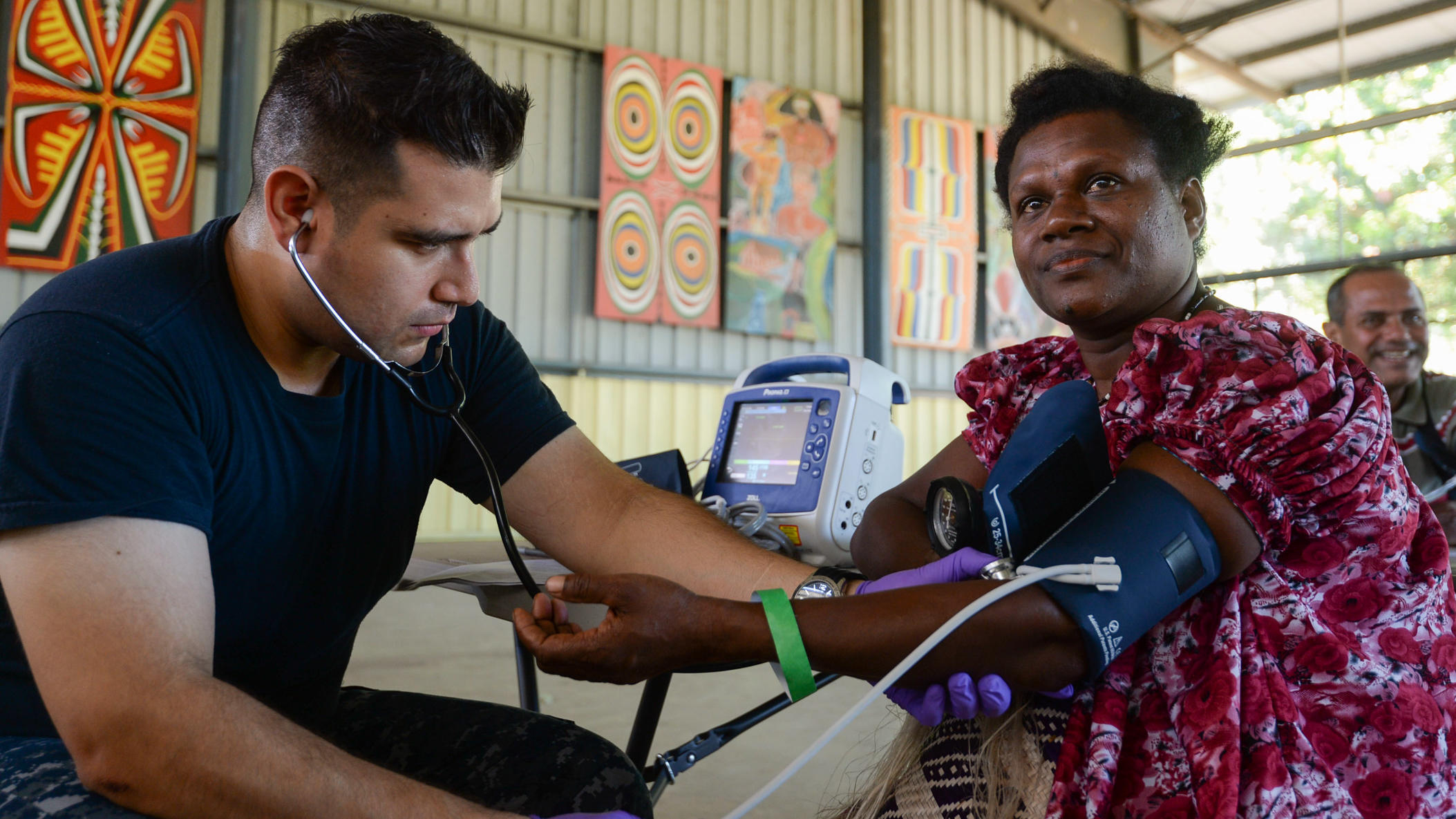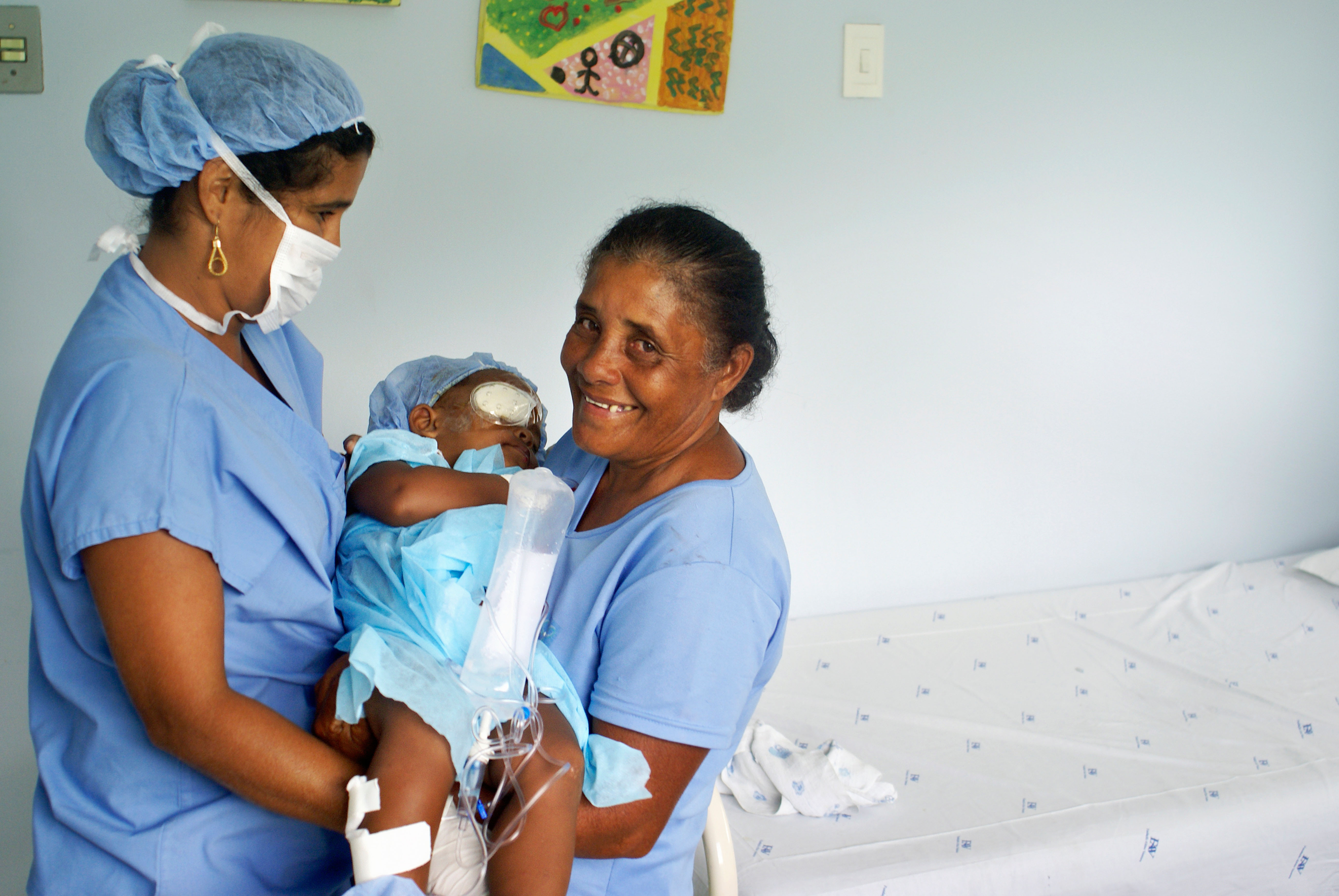AIMS OF WORLD EBHC DAY
World Evidence-Based Healthcare (EBHC) Day is held on 20 October each year. It is a global initiative that raises awareness of the need for better evidence to inform healthcare policy, practice and decision making in order to improve health outcomes globally. It is an opportunity to participate in debate about global trends and challenges, but also to celebrate the impact of individuals and organisations worldwide, recognising the work of dedicated researchers, policymakers and health professionals in improving health outcomes.


WORLD EVIDENCE-BASED HEALTHCARE
educate a broad audience about the importance of evidence-based healthcare and the need for better evidence to inform health policy and practice
be bold in our thinking, encouraging debate and discussion amongst the global evidence community on advancements in evidence-based healthcare
highlight the successes, challenges and experiences of the global evidence community in furthering the science and practice of evidence-based healthcare
celebrate impact, of researchers, academics, students, clinicians, consumers, patients and other agents of change who are driving improvements in the quality and outcomes of healthcare globally
For more than 30 years hundreds of organisations and tens of thousands of individuals have been driving improvements in the quality and outcomes of healthcare by promoting and supporting the synthesis, transfer and implementation of evidence into clinical practice.

WORLD EBHC DAY
COLLABORATIVE KNOWLEDGE COMMUNICATION
In many places, trust in science has become fragile and public confidence in institutions and experts is eroding under the weight of misinformation, disinformation, and polarisation.
But this moment also brings opportunity. The science of knowledge communication is evolving, with insights from storytelling, digital media, open science, and knowledge translation transforming how knowledge can—and must—be shared to inform decision-making.
Knowledge becomes meaningful when it is contextualised, communicated, and co-produced with relevant interest-holders. Through collaborative knowledge communication, diverse forms of knowledge can be harnessed to inform decision-making, and strengthen evidence-based healthcare so that it becomes more inclusive, responsive, and equitable.
Collaborative knowledge communication involves the exchange of information, ideas, and expertise in creative and collaborative ways to facilitate decision-making, problem-solving, and innovation based on shared knowledge. In healthcare, this concept is particularly important for ensuring that knowledge is clearly understood, trusted and agreed on by all interest holders to help improve health outcomes in diverse contexts.
Collaborative knowledge communication spans a wide array of approaches, from infographics, videos and podcasts, to theatre, games, storytelling and drawing.
Critically, it is about who gets to speak and who is heard. Inclusive, participatory communication, especially involving marginalised voices, Indigenous knowledge systems, and community co-production, is essential for equitable healthcare and addressing structural barriers in global health.
The World EBHC Day 2025 campaign calls on researchers, clinicians, communicators, communities, media, influencers and decision-makers to reflect, share, and act on the role of collaborative knowledge communication in EBHC.
BACKGROUND
Almost 30 years after evidence-based medicine gained traction in the early 1990’s, it is now widely recognised that healthcare practice, policy and decision-making should be based on, or informed by, rigorous research evidence. Today evidence-based healthcare (EBHC) is a worldwide movement with hundreds of organisations and tens of thousands of individuals working tirelessly towards improving the science and practice of EBHC for the same aim: to improve health outcomes.
The need and demand for EBHC continues to grow rapidly due to increased availability of digital information, better informed patients, the introduction of new technologies, increased healthcare costs, complex and adaptive health systems and ageing populations. Concurrently, however, researchers, policymakers and clinicians continue to grapple with the 17-year research-to-practice gap of implementing clinical research evidence into practice, by ensuring that research is relevant, actionable and adaptable.
In addition, new technologies and access to digital information bring their own challenges, including trying to make sense of vast amounts of information and the rapid spread of misinformation, making the role of providing and acting on reliable evidence even more important.
